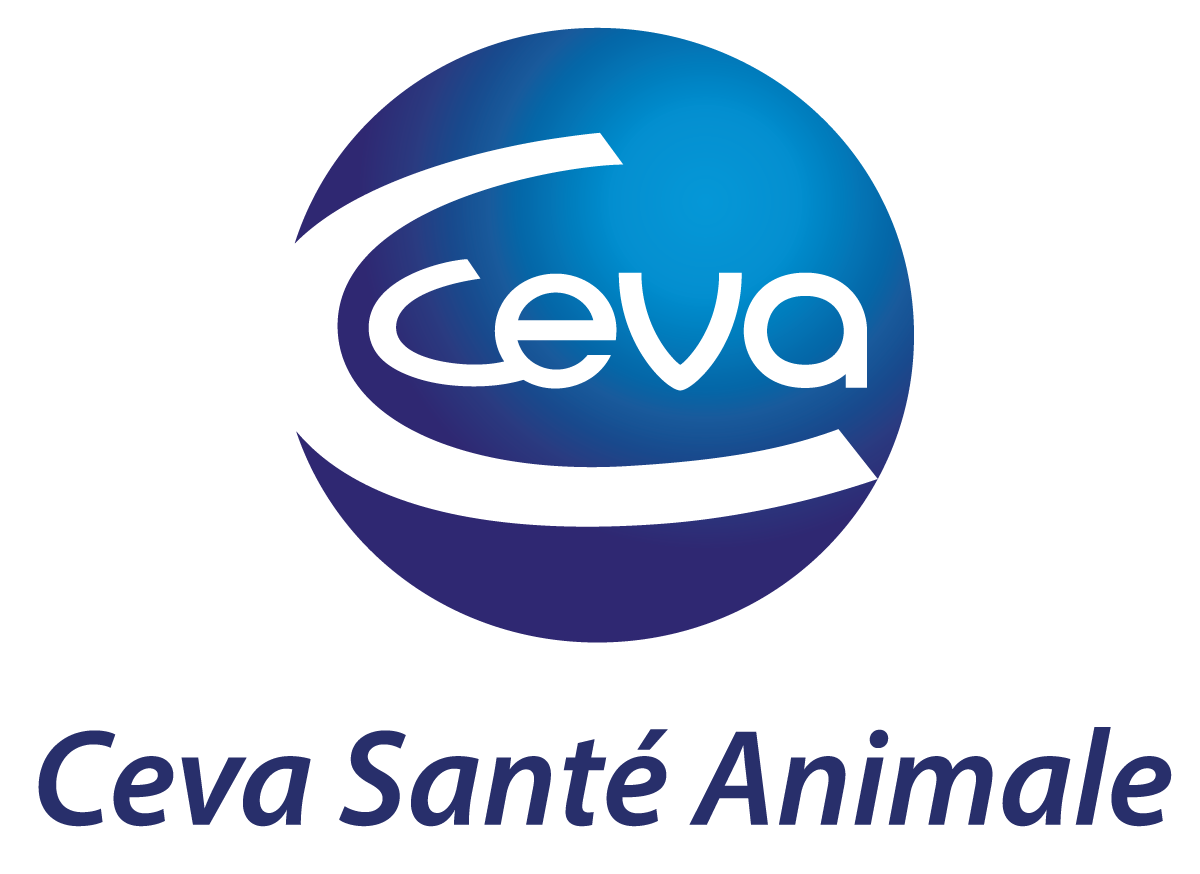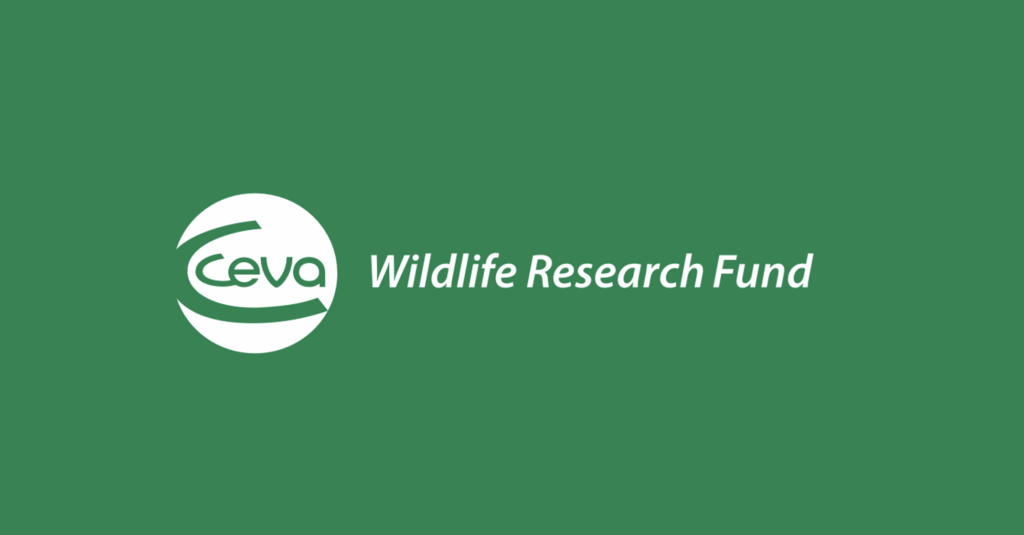
Libourne, March 2, 2023 – On the eve of World Wildlife Day, Ceva Santé Animale (Ceva) the 5th global animal health company, present in more than 110 countries, announces the creation of a unique endowment fund: the Ceva Wildlife Research Fund whose objective is to finance applied research to preserve the health of wild animals.
Better controlling the risk of zoonoses, one of Ceva’s major commitments
Ceva defines itself as a company that goes beyond animal health, which is reflected in its commitment to the “One Health” concept. That’s why Ceva is dedicated to caring for all animals in order to preserve the biodiversity of our planet. This approach, which integrates human, animal and environmental health, aims to strengthen the collaboration between the different disciplines and thus provide holistic answers.
The risks arising from interactions between humans and wild animals are increasing: 75% of new infectious diseases affecting humans today are of animal origin and they originate mainly in wild animals. It is therefore urgent to act to better understand how these zoonotic diseases affect animals, and better treat them to avoid their spread to humans.
Because the control of diseases that occur in wildlife and the tracing of the origin of outbreaks are particularly complex, this fund will, among other things, support research to address these concerns.
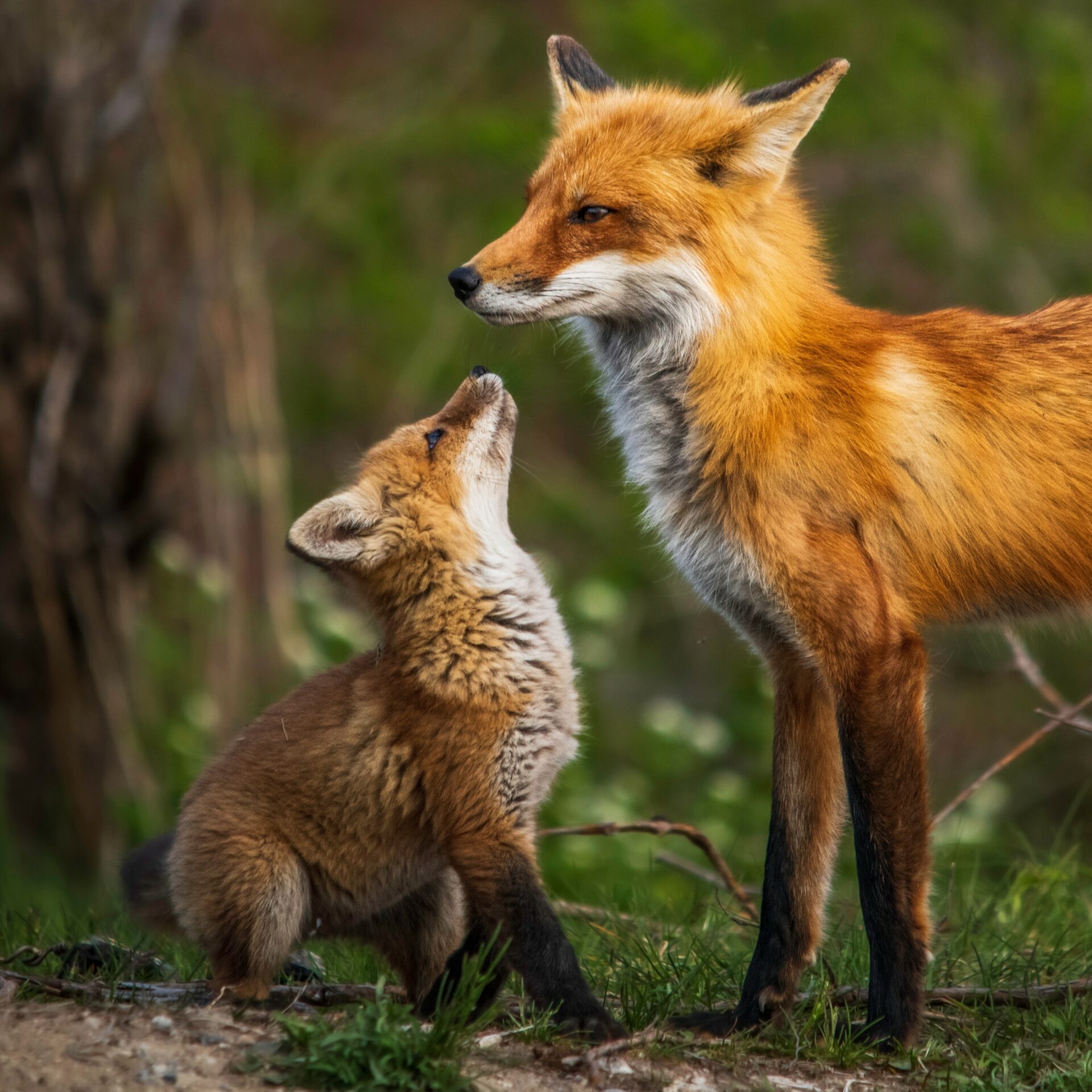
Funding applied research to preserve biodiversity
Wildlife is affected by a range of diseases that can threaten the survival of some species. In recent years, Ceva has supported various programs aimed at developing specific health solutions to help wild animals to survive, such as the Amsterdam Island Albatross in partnership with the CNRS.
Ceva Wildlife Research Fund, the only endowment fund of its kind, finances applied research projects, the results of which will be rapidly visible (three to five years maximum). The fund thus contributes to the preservation of wildlife health, an area of animal health that is under-invested for not being economically viable.
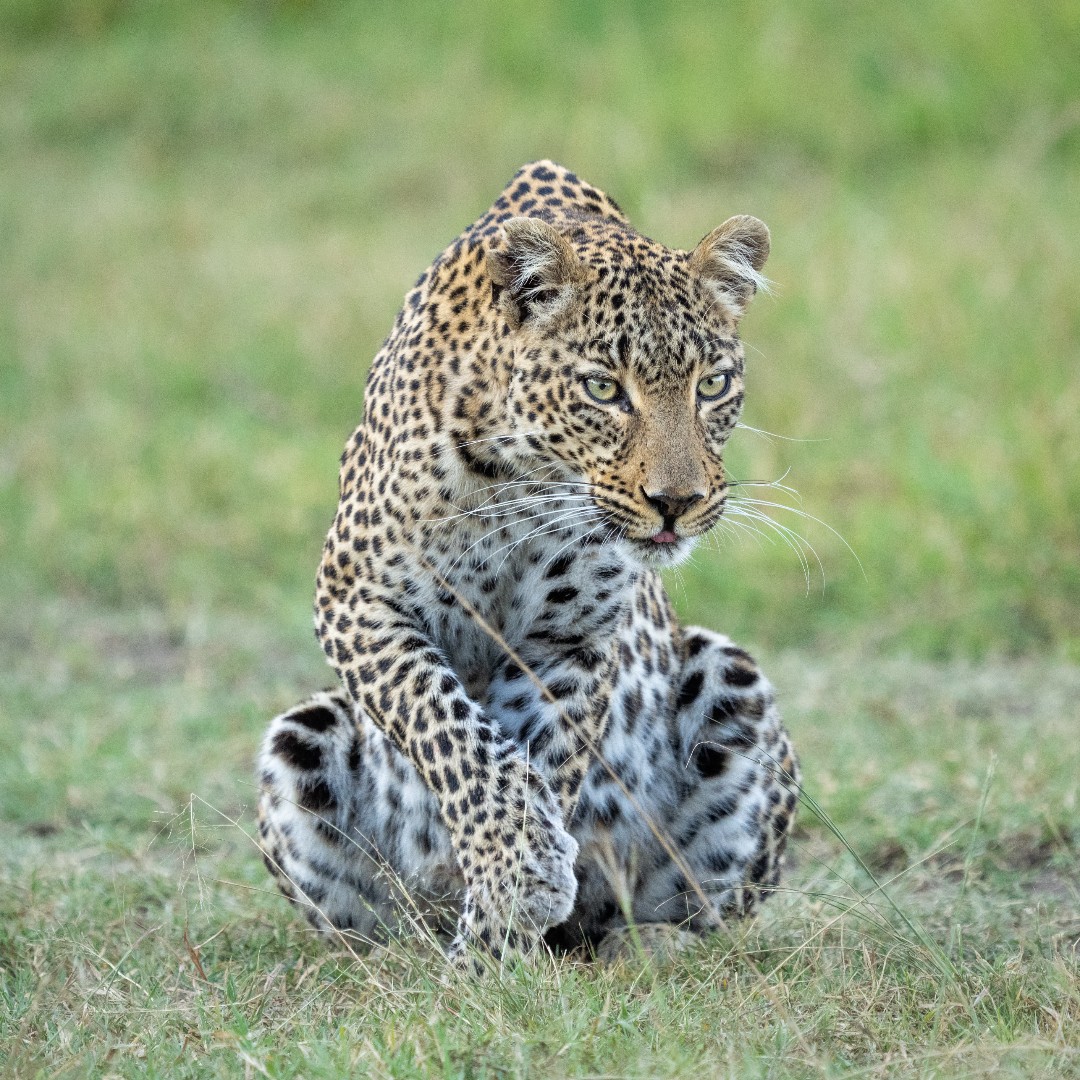
Due to chlamydia, Australian koalas are no longer able to ensure the survival of their species.
Between 2018 and 2021, the koala population in Australia would have decreased by 30% according to the Australian Koala Foundation. Several reasons may explain this dramatic situation and the Australian authorities have declared the East Coast koalas as a threatened species since February 2022: the destruction of their natural habitat due to fires or the increasing urbanization of the territory, but also the chlamydia that affects most individuals concentrated in eastern Australia. This lethal disease, which is becoming endemic in these populations in serious decline, is having a serious impact on their reproduction and long-term survival. This is why Ceva, through its endowment fund, is collaborating with the University of the Sunshine Coast in Brisbane, funding the final stage of their vaccine development and associated testing. Work is underway to finalize the formulation of this vaccine candidate for local production. Ceva Wildlife Research Fund is also supporting additional studies to be used in the official registration process of the vaccine.
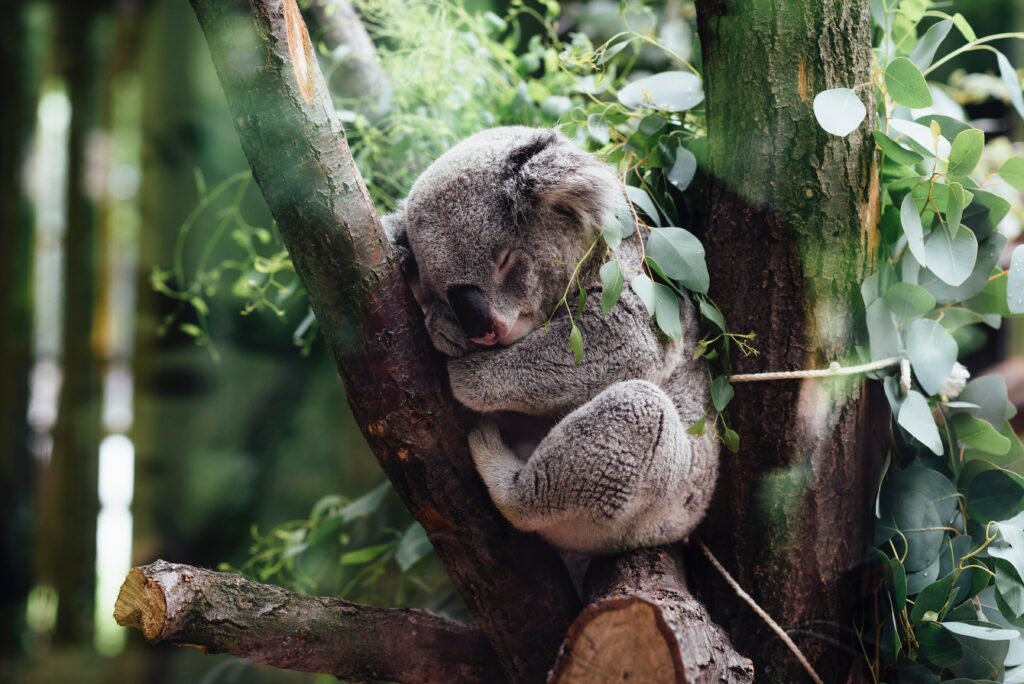
“Addressing biodiversity in a holistic way is nothing new for Ceva. However, with the creation of this endowment fund, we wanted to create a separate structure to enshrine this activity. Ceva Wildlife Research Fund comes at a crucial time for research in the field. As we face an urgent need to act, we want to provide funds for innovative solutions to prevent, diagnose and treat diseases that can be transmitted from animals to humans, but also to contribute to the preservation of endangered species and to secure safer interactions between wild and farmed animals. We call for the collaboration of all stakeholders and potential actors interested in this project which is part of a “One Health” approach. This initiative is a way to contribute more broadly to improving interactions between human, animal and environmental health, while protecting the future of our diverse planet.”
Marc Prikazsky, president of Ceva Wildlife Research Fund
